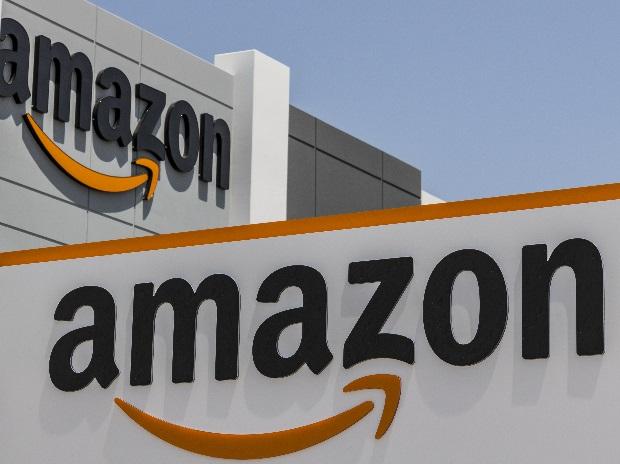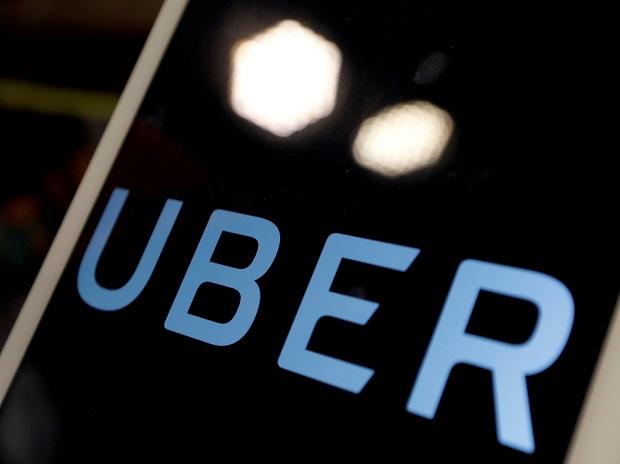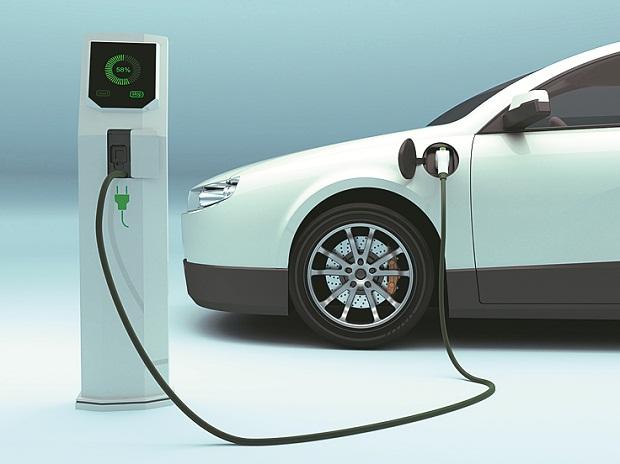Minister for Commerce and Industry,
Suresh Prabhu, on Friday approved constitution of a High Level Advisory Group (
HLAG) to make recommendations in identifying opportunities and addressing challenges in the contemporary global trade scenario.
The HLAG will be headed by Surjit S. Bhalla, Director of Oxus Research and Investments. The other members of the Group are S. Jaishankar, former Foreign Secretary; Rajeev Kher, former Commerce Secretary and Member Competition Appellate Tribunal; Sanjeev Sanyal, Principal Economic Advisor, Government of India; Adil Zainul bhai, Chairman Quality Council of India; Dr.Harsha Vardhana Singh, former DDG WTO; Dr.Shekhar Shah, DG, NCAER; Dr.Vijay Chauthaiwale, Foreign Policy Advisor; Dr.Pulok Ghosh, IIM Bangalore; Jayant Dasgupta, former Ambassador of India to the WTO; Rajiv K Luthra of Luthra&Luthra and Chandrajit Banerjee, DG, CII.
"The HLAG will consider ways for boosting India's share and importance in global merchandise and services trade, managing pressing bilateral trade relations and mainstreaming new age policy making," the Ministry of Commerce and Industry said in a press release.















































